Music Theory In Practice: Grade 5
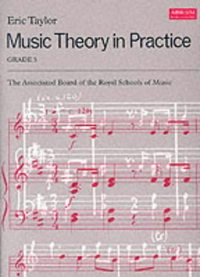
Summary
This work contains a detailed list of the requirements for the Grade 5 Theory of Music examination, information that may be needed in the context of the examination, specimen questions and exercises, and guidance on their solutions. It provides a sound foundation for anyone wishing to understand music theory as it is used in practice. A wide variety of music examples are used to illustrate the texts and to provide exercises.
Similar Books
-
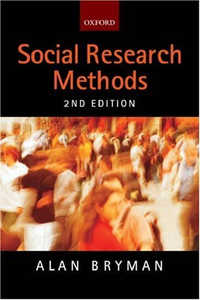 Social Research Methods
Social Research Methodsby Alan Bryman
-
 The Practice of Social Research
The Practice of Social Researchby Earl R. Babbie
-
 Statistics for the Behavioral Sciences: A First Course for Students of Psychology and Education
Statistics for the Behavioral Sciences: A First Course for Students of Psychology and Educationby Frederick J. Gravetter
-
 Language Assessment - Principles and Classroom Practices
Language Assessment - Principles and Classroom Practicesby H. Douglas Brown
-
![Cover for Psychology: Core Concepts [with My Psychology Lab Starter]](/static/covers/5dc8a5d8d9424c5d9226145394f24499.png)
-
 Psychology: Core Concepts
Psychology: Core Conceptsby Philip G. Zimbardo
-
 Introduction To Teaching: Becoming A Professional
Introduction To Teaching: Becoming A Professionalby Paul D. Eggen
-
 Educational Psychology: Windows Classrooms
Educational Psychology: Windows Classroomsby Paul D. Eggen
-
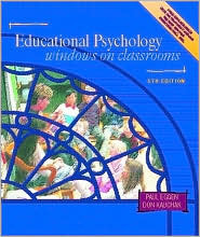 Educational Psychology: Windows on Classrooms
Educational Psychology: Windows on Classroomsby Paul D. Eggen
-
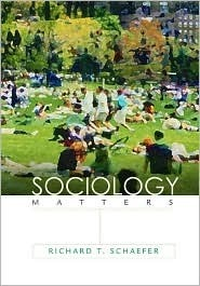 Sociology Matters
Sociology Mattersby Richard T. Schaefer
-
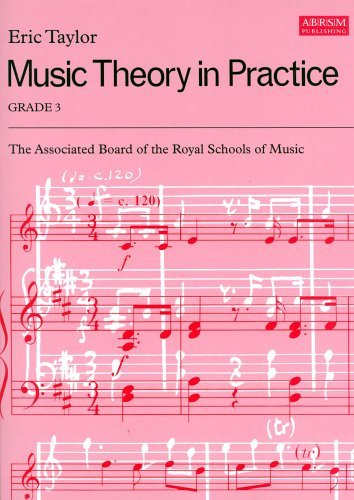 Music Theory in Practice: Grade 3
Music Theory in Practice: Grade 3by Eric Taylor
-
 Essentials of Psychology
Essentials of Psychologyby Douglas A. Bernstein
-
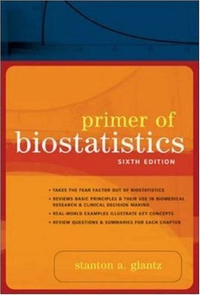 Primer of Biostatistics
Primer of Biostatisticsby Stanton A. Glantz
-
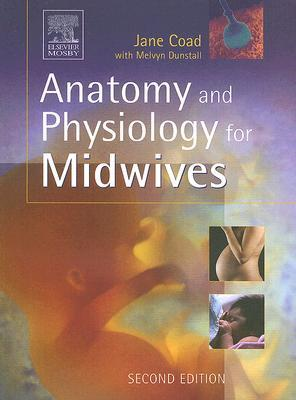 Anatomy & Physiology for Midwives
Anatomy & Physiology for Midwivesby Jane Coad
-
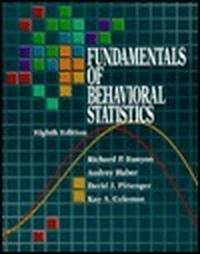 Fundamentals of Behavioral Statistics
Fundamentals of Behavioral Statisticsby Audrey Haber
-
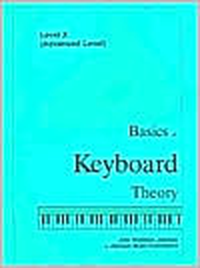 BKT6 - Basics of Keyboard Theory - Level 6
BKT6 - Basics of Keyboard Theory - Level 6by Julie Johnson
-
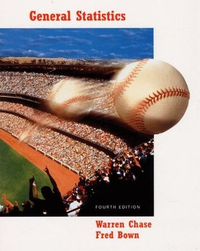 General Statistics
General Statisticsby Warren Chase
-
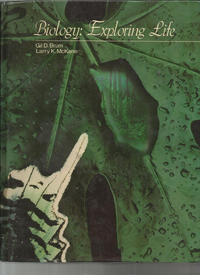 Biology: Exploring Life
Biology: Exploring Lifeby Gil D. Brum
-

-
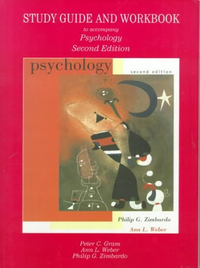 Psychology--Study Guide and Workbook
Psychology--Study Guide and Workbookby Philip G. Zimbardo
-
 Psychology: A Concise Introduction
Psychology: A Concise Introductionby Lyle E. Bourne Jr.
-
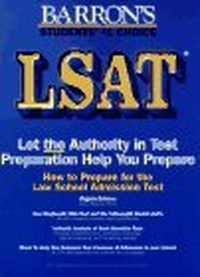 How to Prepare for the Lsat: Law School Admission Test
How to Prepare for the Lsat: Law School Admission Testby Jerry Bobrow
-
 Study Guide and Workbook to Accompany Zimbardo's Psychology
Study Guide and Workbook to Accompany Zimbardo's Psychologyby Peter C. G. Gram
-
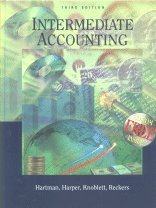 Intermediate Accounting
Intermediate Accountingby Bart P. Hartman
-
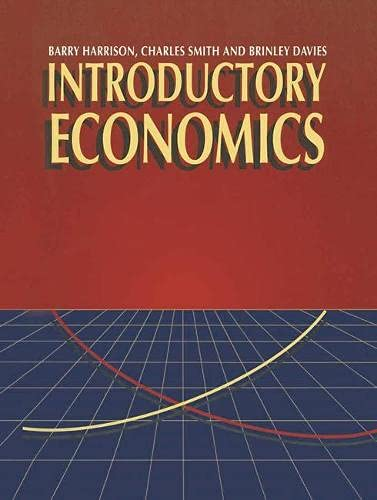 Introductory Economics
Introductory Economicsby Barry Harrison
-
 Psychology and Life: Telecourse Study Guide
Psychology and Life: Telecourse Study Guideby Philip G. Zimbardo
-
 BIOS Instant Notes in Psychology
BIOS Instant Notes in Psychologyby B.D. Hames
-
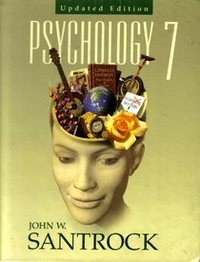 Student Study Guide to accompany Psychology, 7e Update
Student Study Guide to accompany Psychology, 7e Updateby John W. Santrock
-
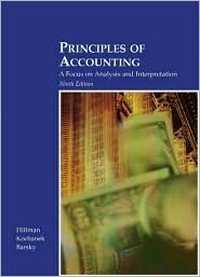 Principles of Accounting: A Focus on Analysis & Interpretation
Principles of Accounting: A Focus on Analysis & Interpretationby A. Douglas Hillman